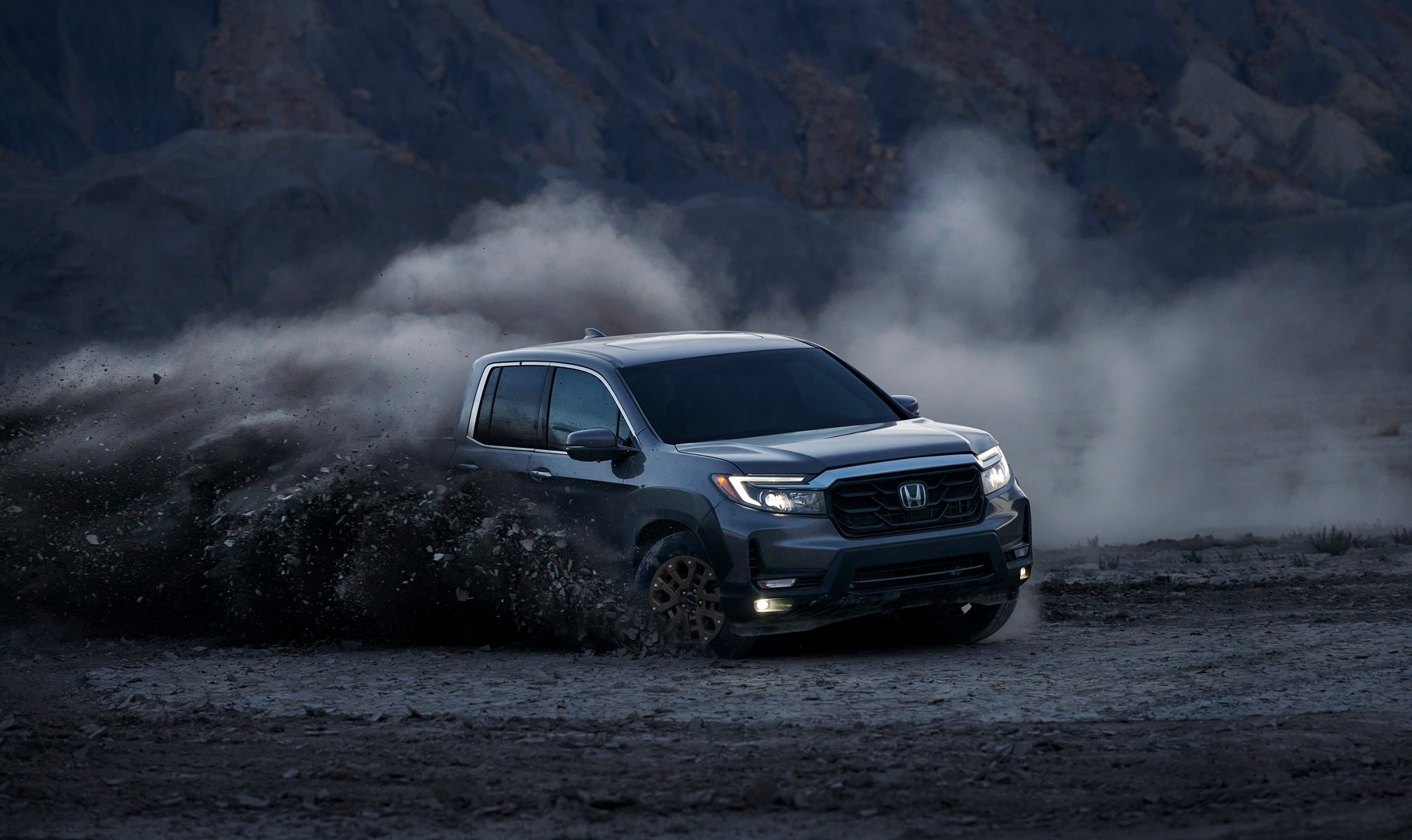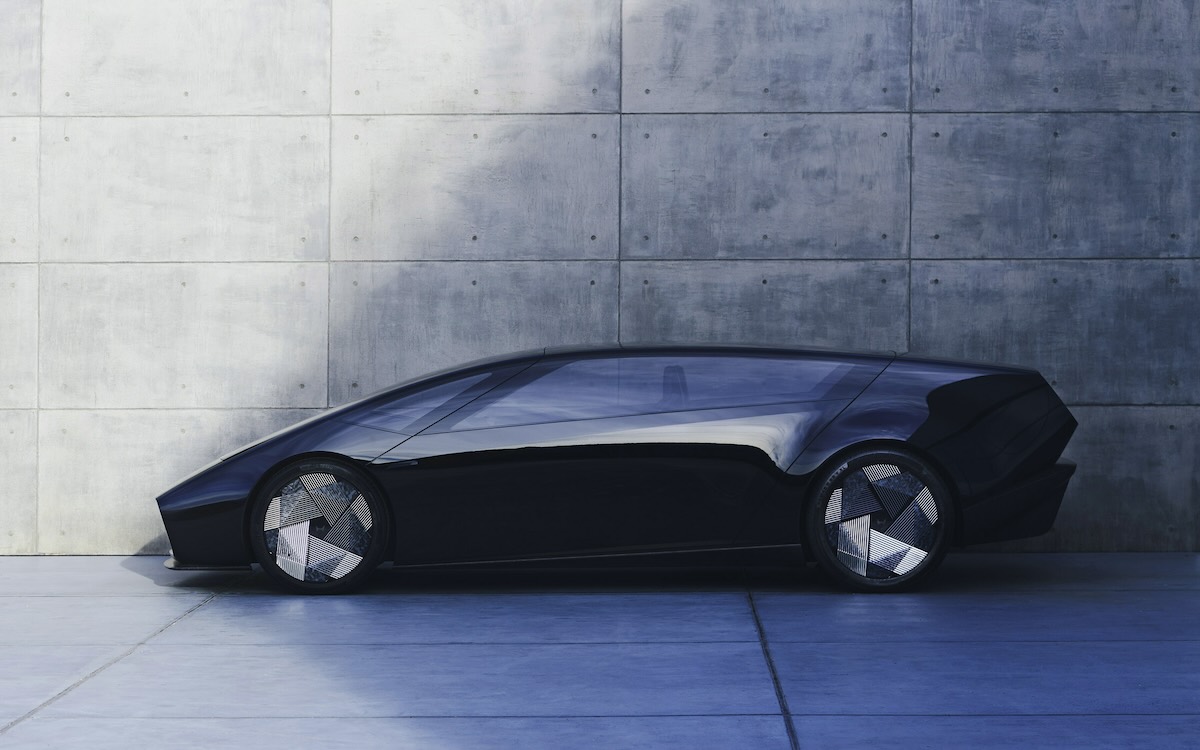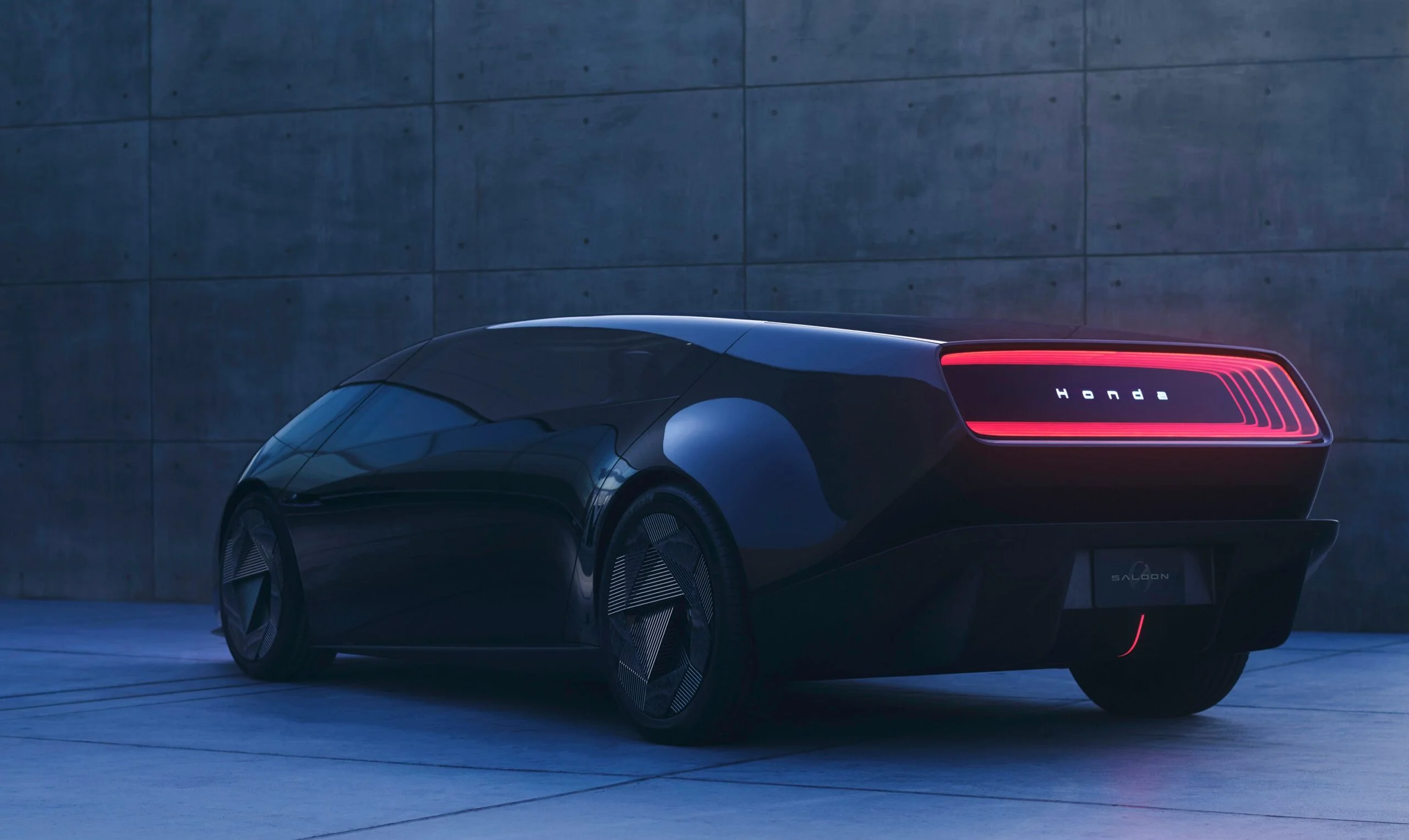As we move into mid-2024, it’s clear that automakers are hesitating on their once-bold commitments to going fully electric. Volkswagen is having second thoughts, Mercedes-Benz is finding it harder than expected to part with the V8 engine, and General Motors and Ford are now emphasizing “the freedom of choice.” Despite this, they still need to keep their EV investments going, worried they might miss the critical moment when the market takes off.
Meanwhile, Honda, which has lagged behind in the EV race like much of the Japanese auto industry, is clear about its long-term vision. We now have more details about Honda’s plan to catch up.

This Thursday edition of Critical Materials focuses on the future of the auto industry and the path forward. Today, we also look at how Chinese automakers are responding to new U.S. tariffs.
At Honda’s recent annual financial meeting, the company outlined its future EV plans, including increased R&D spending, more vertical integration, and additional hybrid models. Earlier today in Japan, CEO Toshiro Mibe provided further details, including a massive $65 billion investment through 2031, a period when EVs are expected to become mainstream.
This $65 billion commitment is double Honda’s previous investment in electrification. Honda’s clear stance contrasts with the “multi-pathway” approach of Toyota and others:
“The environment surrounding automobile electrification is undergoing dramatic changes, and in some regions, the sense of a slowdown in EV market growth is gaining attention. […] On the other hand, Honda has not changed its belief that EVs are the most effective solution in the area of small mobility products such as motorcycles and automobiles.
Looking at the trend from a longer-term perspective, Honda is confident that the EV shift will continue to proceed steadily. Without getting too caught up in the current changes in the situation, Honda must look ahead to the period of EV popularization, which will begin in the second half of the 2020s, and build a strong EV brand and a strong EV business from a medium- to long-term perspective.”
Honda plans to make “attractive EVs only Honda can offer,” while establishing a robust supply chain and production setup, targeting 5% profit margins on electric cars by 2030.
Honda intends to launch a model similar to the 0 Series Saloon Concept we saw at CES by 2026 in North America. The new EVs will be “thin, light, and wise.” Among the innovations:
“In addition to lighter body frames, the new EV series models will adopt an all-new power unit, which was made lighter and thinner by applying Honda’s original technologies amassed through the development of F1 machines and HEV models. This will enable Honda to reduce the overall vehicle weight by approximately 100kg (220 pounds) compared to initial Honda EVs.”

Interestingly, General Motors isn’t mentioned in Honda’s plan, suggesting the GM Ultium-based Honda Prologue might not last long.
Honda’s clarity and engineering prowess are promising, but the auto industry often sees a gap between plans and execution. Hopefully, Honda won’t backtrack after working hard to impress investors.
You’ll also read about Nio’s new sub-brand, Onvo, targeting Tesla directly. Nio, known for its battery-swapping technology, aims to launch a new model annually under Onvo, pricing them competitively with gasoline vehicles.
Nio’s CEO, William Li, said, “China has 110 auto brands… and it’s already consolidated to 20-30 active players. The consolidation will continue but will not be very severe.” Despite Nio’s growth, it remains unprofitable, holding about 3% of China’s EV market by volume. Nio plans to expand further, even amid China’s crowded EV market and factory overcapacity.
Regarding the new U.S. tariffs on Chinese EVs, BYD’s CEO Stella Li stated the company is focusing on Mexico and has “no plans” for the U.S. However, Chinese state media is pushing back against the tariffs, accusing the U.S. of hypocrisy. As Reuters reported:
“In response to the tariffs, Chinese state media have shot back, accusing the United States of subverting its own free trade principles and taking action that threatens climate goals and will push up costs for American consumers. […] ‘What does not kill you makes you stronger,’ Xinhua said in a commentary on the U.S. tariffs. ‘It seems the famous quote applies to China’s technology companies.'”
This sets the stage for an ongoing “Automotive Cold War.”
100%: Do You Have Faith In Honda’s Promises Here?
I’d like to believe Honda is serious about its EV plans. But, given the industry’s history of broken promises, it’s hard to be fully confident. Honda isn’t Toyota, though, and it is committed to an all-electric future. What do you think of Honda’s new strategy?

